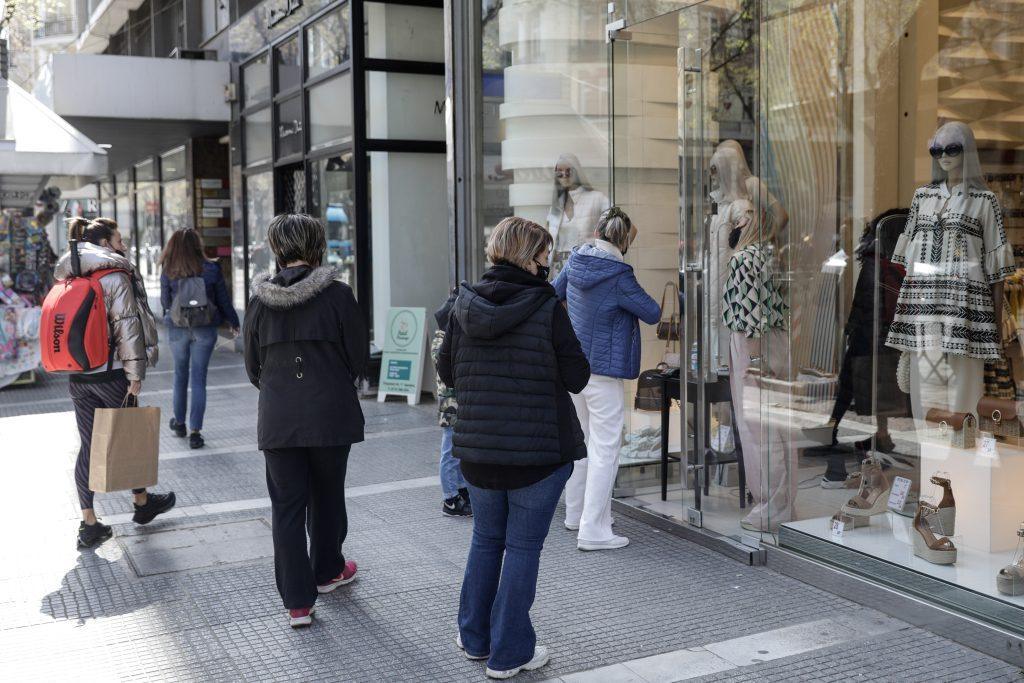The Greek Shipowners Union welcomed the vote in the European Parliament yesterday that adopts the FuelEU Maritime regulation promoting the development of alternative fuels in shipping, as part of the decarbonization policy of the sector.
The European Parliament’s position will be brought to the attention of the European Council before it becomes official EU policy.
Shared responsibility
According to the GSU the position of the European Parliament reflects the basic principle of shared responsibility between fuel suppliers and ship operators for the use of compliant fuel. Particularly important is also the recognition, by the European Parliament, of the “polluter pays” principle and the need to create a special Fund for the decarbonisation of shipping (Ocean Fund).
Also, the Association of European Shipowners (ECSA) welcomes the adoption of the position of the European Parliament regarding the FuelEU Maritime regulation in view of the negotiations with the European Council, but noted that further steps are needed to facilitate the energy transition and decarbonisation of the shipping industry, by encouraging the production and use of low- and zero-carbon fuels.
How to reach the target
According to ECSA in order to achieve this goal, we need not only to boost the demand for clean fuels from shipping, but at the same time to recognize the responsibilities of fuel suppliers to have clean fuels available in sufficient quantities. It is also important to allocate money for reducing the price gap between conventional and clean fuels, as well as for research and development (R&D) and innovation, as well as for port infrastructure, snd also for staff training.. Therefore, European shipowners welcome the allocation of revenues from the FuelEU in the maritime sector under the EU ETS Ocean Fund.
Access to clean fuel
“Ensuring access to affordable clean fuels is a major challenge for the decarbonisation of shipping. Clean fuels currently sit on the most expensive side of the spectrum and therefore action is needed to bridge the price gap. In order to meet the targets of the FuelEU, the earmarking of the ETS and FuelEU revenues back to the sector becomes even more essential. This, together with ensuring fuel suppliers are responsible for making clean fuels available, is critical to ensure that shipping can deliver on its decarbonisation objectives” said ECSA’s Secretary General Sotiris Raptis.
The Parliament also takes a more pragmatic approach on Onshore Power Supply deleting penalties on ships when the infrastructure is not available in port. ECSA also welcomes the introduction of special conditions for ice-class vessels as well as for islands and outermost regions.
New requirements
ECSA supports the new monitoring requirements to ensure the availability of clean fuels in the market. The Commission will have to continuously monitor the quantity of low- and zero-carbon fuels made available to shipping companies in the EU. If the supply of those fuels fails to meet the demand from shipping companies, the Commission should propose measures to ensure that maritime fuel suppliers in the EU make available adequate volumes of alternative fuels to shipping companies calling at EU ports.
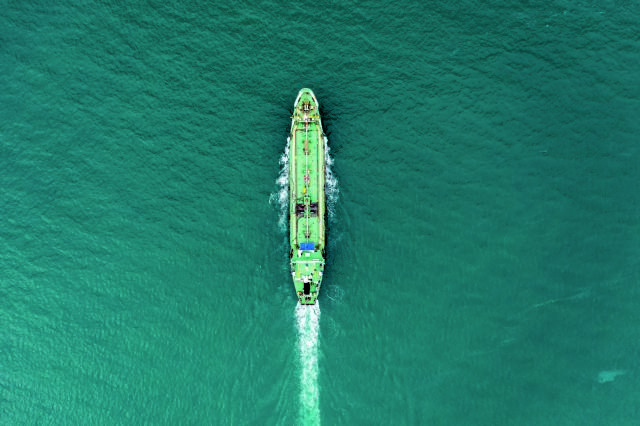


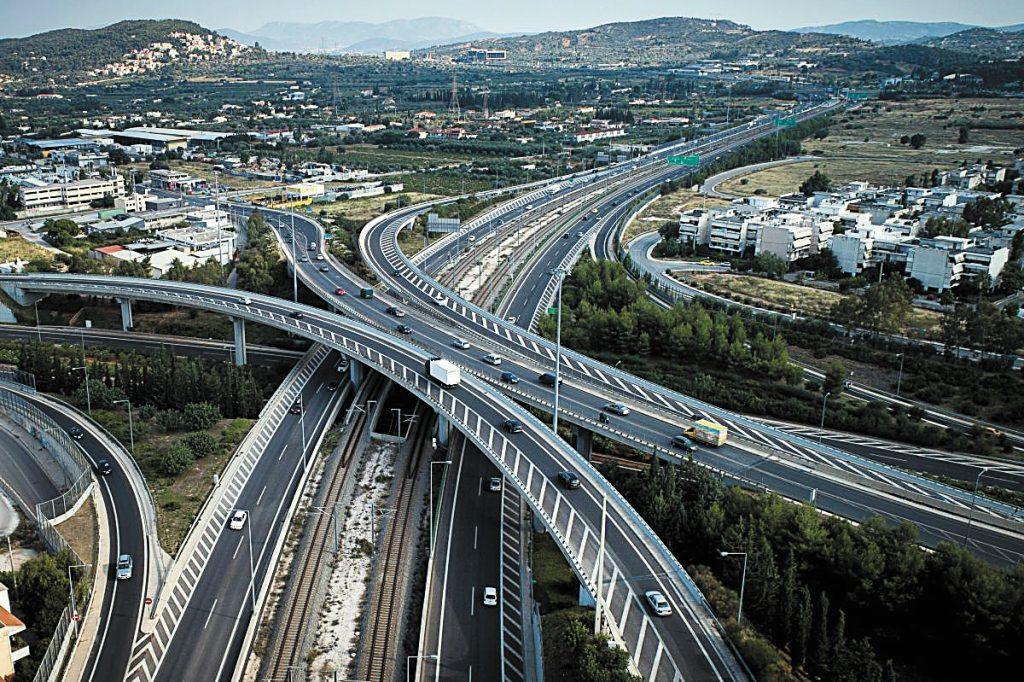
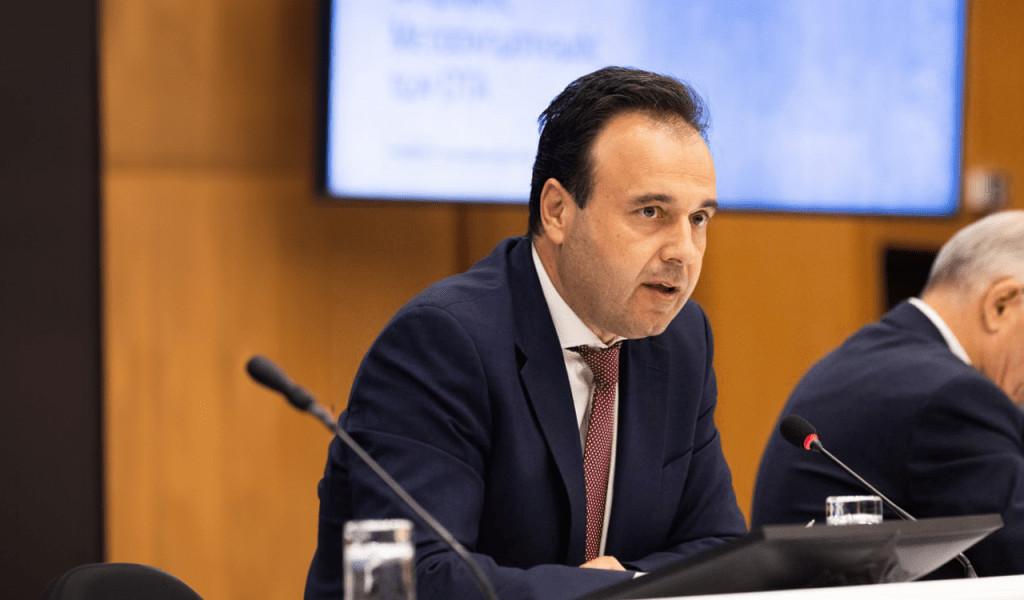






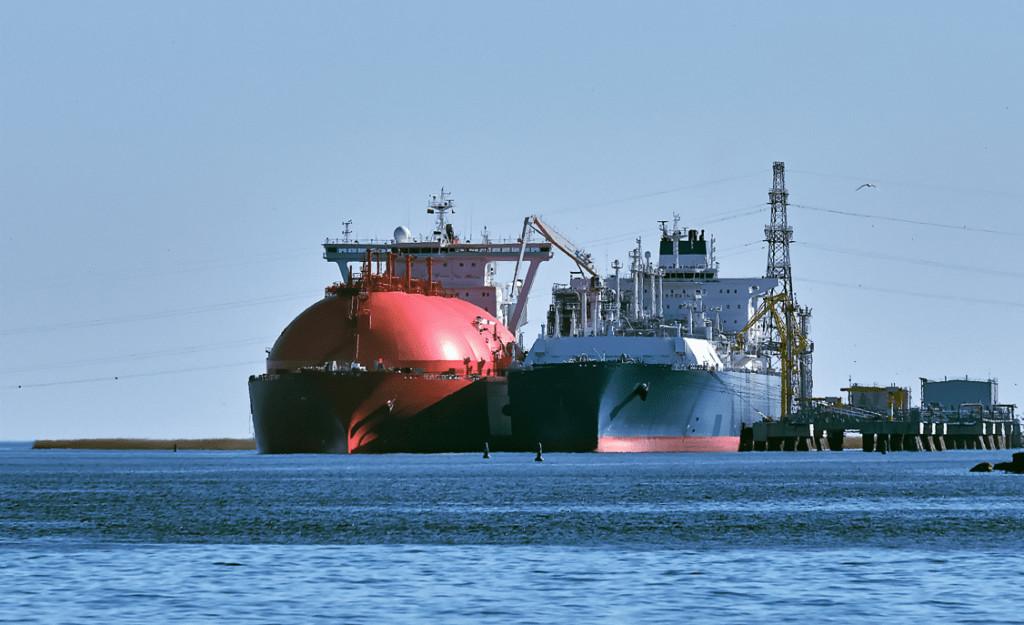



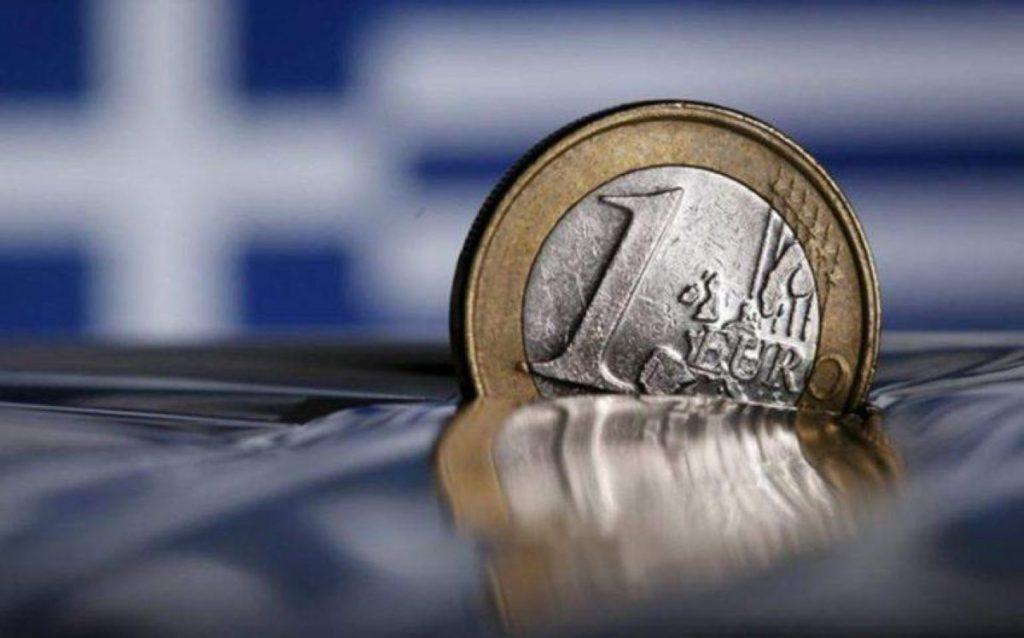
![Στεγαστική κρίση: Γονατίζει ένα στα τρία νοικοκυριά [πίνακας]](https://www.ot.gr/wp-content/uploads/2026/02/akinita26-4.jpg)
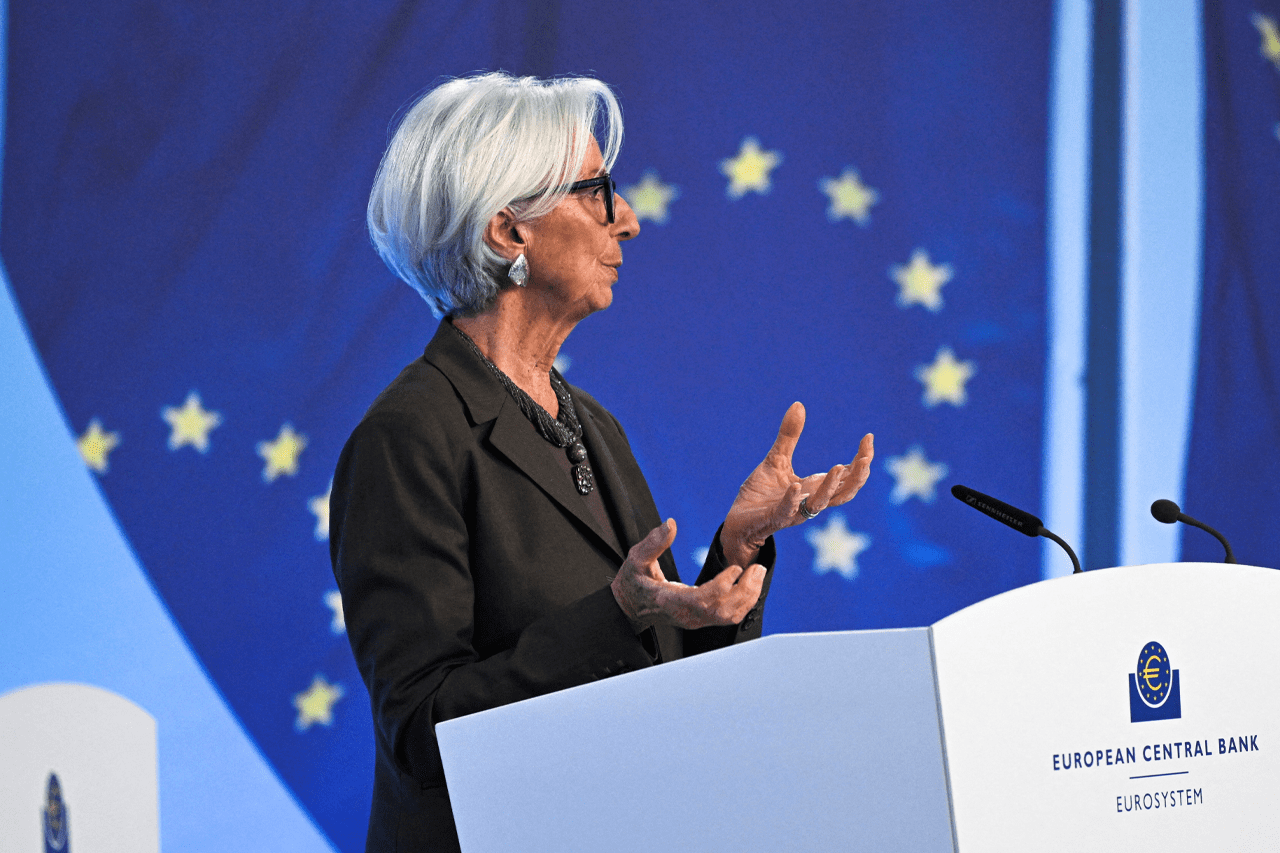








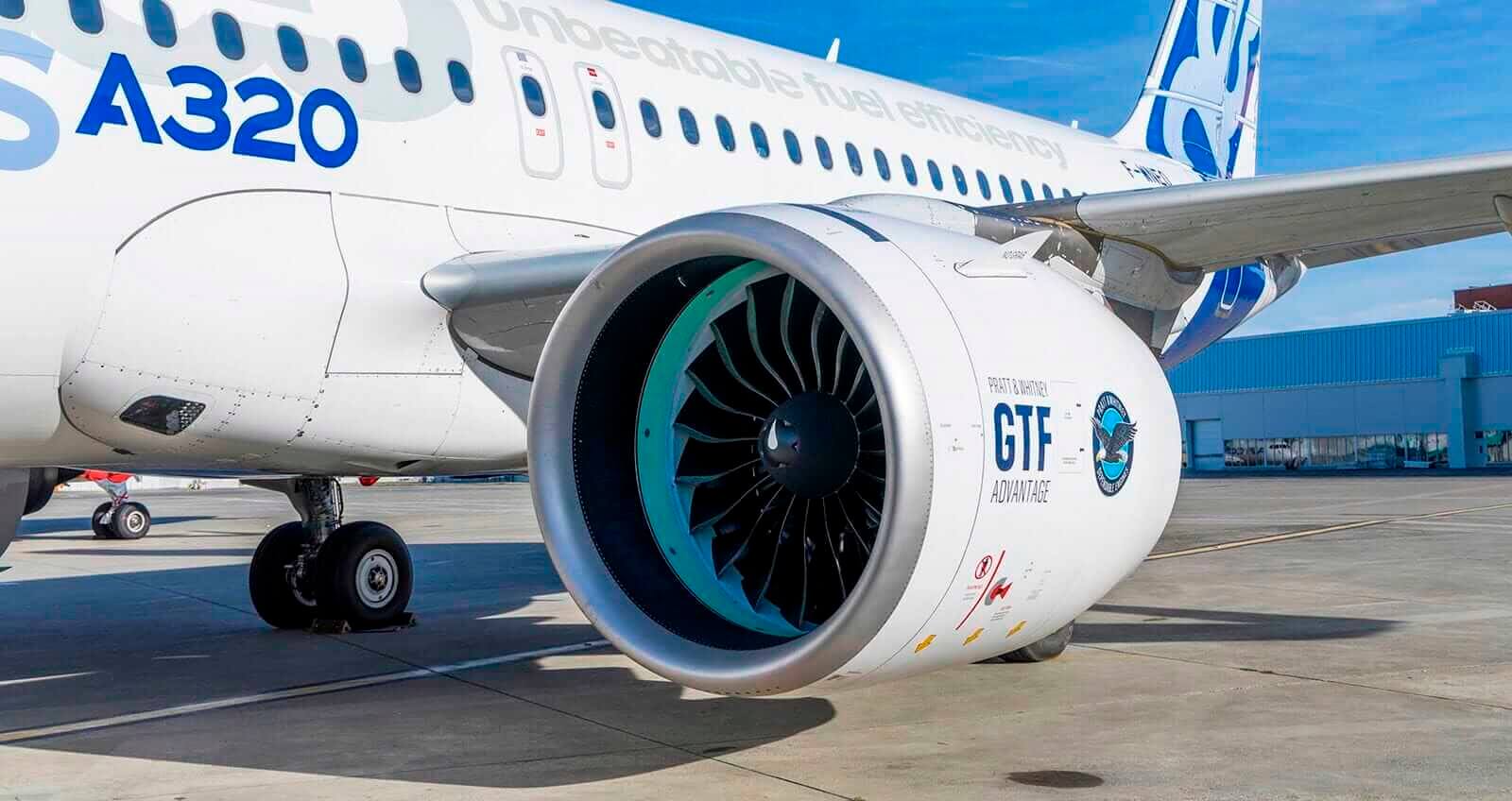






![Γραφεία: Ανοδικά οι επενδύσεις – Deals άνω των 500 εκατ. [πίνακες]](https://www.ot.gr/wp-content/uploads/2026/02/19_02_ot_grafeia_EXO.jpg)


